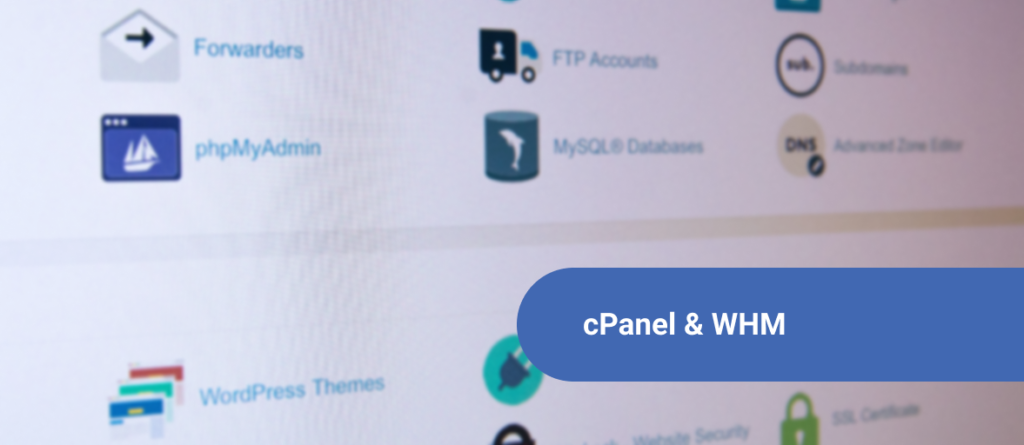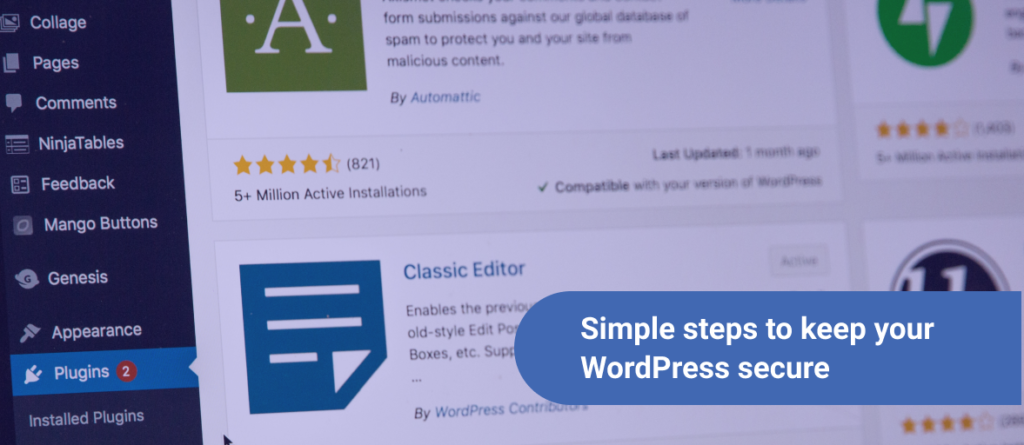The Cloud can be an amazing place to move your business data to. It offers a lot of great advantages for businesses of all sizes, developers, and even the average person. Though, with so many cloud providers offering so many different services… How do you choose? A great place to start is asking these fundamental questions:
Where is The Cloud?
Which region/country has my data?
It seems silly to ask where the cloud is, mostly because it’s online. Though, the location of the servers holding your data is important. Many providers have data centers deployed across multiple regions. The physical distance between users and centers matters because of network latency.
High latency causes transfers to time-out and applications to break down. Thusly, it’s best to have the data stored near by. Also, companies spread over multiple regions would have replications. This is occasionally done for redundancy or disaster recovery.

What type of data center am I using?
Are there industry-standard security practices? That includes both IT security and physical security measures. Expected security like surveillance, anti-fire systems, and multi-factor authentication. There are various types of certification for data centers that audit centers to ensure compliance with best practices.
What is the storage format?
Block, file, and object storage are common formats. Cloud storage uses all three, but for different purposes. Storage and backup file services typically use the object format due to its massive scalability and cost-efficiency.
Cloud users typically shouldn’t concern themselves with storage format. If using a lesser-known provider, it is wise to verify the suitability of storage format.
Who is responsible for the cloud data?
Who maintains liability for the cloud?
It is important to determine who is responsible for any data stored in the cloud. Typically, providers own data centers, and customers are responsible for the information. Customers are liable for information if there is a breach or data loss.
Understanding the physical location of the information is important. This can have legal consequences. For example, if information is on UK servers it falls under UK jurisdiction. It will be subject to different privacy standards than if it were in the US.
What is the reliability?
What is the overall up-time?
Reliability is always a top concern. Especially when storing mission-critical data in the cloud. Any amount of downtime will result in businesses losing money. Understanding the expected level of up-time is important. Also what contingencies are in place to ensure the up-time?
Be sure to know what provider promises will translate to in real terms. A guarantee of 99.9% up-time sounds good on paper, but is problematic over a year. This leaves nearly nine hours without service before the provider breaches its obligations. On the other hand, a 99.999 percent guarantee will equate to just five minutes of downtime a year.
What security is in place?
How safe is the cloud?
Understanding what protections are in place keeping information safe is also crucial. Especially if migrating sensitive information to the cloud. Providers must be able to provide adequate answers to these questions. If they do so, their services are likely to be just as secure as on-premises solutions, if not more so.







